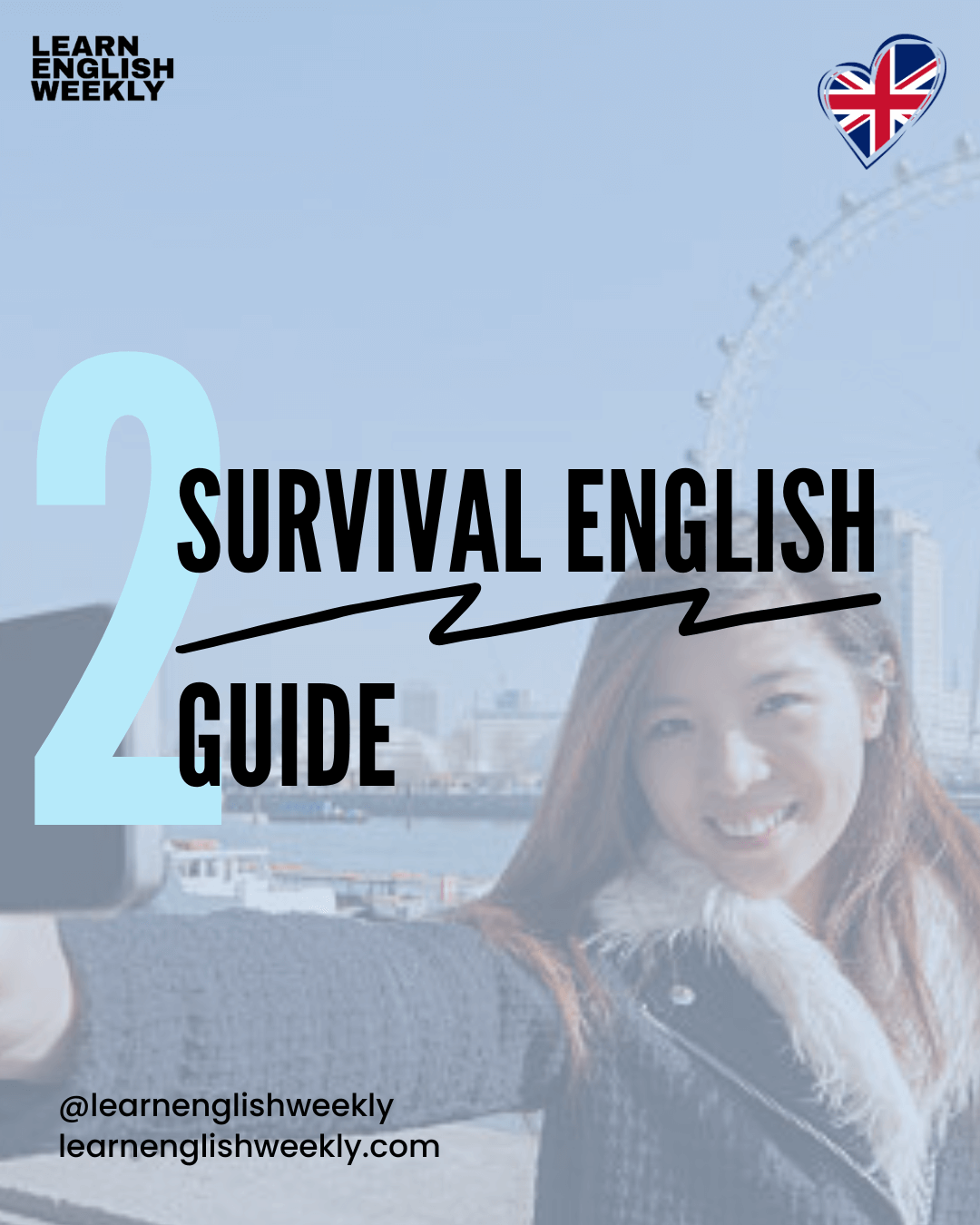The Ultimate Vocabulary List
If you’re preparing for the IELTS exam and want to boost your vocabulary, you’re in the right place. This article is for B1 to C1 English learners aiming to reach Band 7.0 or higher.
You’ll learn why topic-based vocabulary is important, how to use it in the exam, and get access to an expertly organised list of IELTS vocabulary by topic.
This vocabulary guide will help you speak and write more fluently, confidently, and appropriately in any context. You’ll also discover how to use our downloadable IELTS flashcards and PDF to improve faster.
Why Learn IELTS Vocabulary by Topic?
Many students try to memorise endless word lists. But the best way to build useful vocabulary is to group words by topic. This helps you:
- Understand words in context
- Remember collocations and phrases
- Speak more naturally in the Speaking test
- Write more clearly and accurately in Writing Task 2
- Improve reading and listening speed by recognising topic-related words
Topic-based learning mirrors the structure of the IELTS exam, especially in Speaking Part 2 and Writing Task 2 where you must talk about or argue a specific theme.
How to Use This IELTS Vocabulary List Effectively
- Choose 1 topic per day
- Learn 5–10 new words with example sentences
- Use flashcards to test yourself (Download our full PDF or digital flashcard pack)
- Write a short paragraph or IELTS answer using the new words
- Revise regularly to keep the words active in your memory
You can also use these words when practising IELTS Speaking and Writing with a teacher, partner, or app.
IELTS Vocabulary by Topic
Each section includes 10 words, definitions, and examples to help you master the vocabulary in context.
🧑🏫 Education
- curriculum – The subjects included in a course of study. The school revised its curriculum to include digital literacy.
- tuition fees – Money paid to receive instruction. Rising tuition fees are a concern for many students.
- lifelong learning – Education that continues throughout life. Lifelong learning is essential in today’s fast-changing job market.
- academic achievement – Success in educational performance. Her academic achievement earned her a scholarship.
- distance learning – Studying without attending in person. Distance learning became widespread during the pandemic.
- lecture – A formal educational talk. He gave a lecture on globalisation.
- discipline – A specific area of study. Biology is a fascinating discipline.
- scholarship – Financial award for academic merit. He received a scholarship to study abroad.
- assessment – Evaluation of learning or performance. The final assessment is worth 60% of the grade.
- qualification – A certificate showing completion of a course. She gained a teaching qualification in the UK.
🌱 Environment
- climate change – Long-term shift in weather patterns. Climate change is accelerating due to human activity.
- renewable energy – Energy from sources like wind or solar. Many countries are investing in renewable energy.
- deforestation – Removal of forests for other uses. Deforestation affects wildlife and climate stability.
- carbon footprint – Total greenhouse gases a person or group emits. Flying frequently increases your carbon footprint.
- environmental policy – Laws to protect the environment. The new environmental policy bans single-use plastic.
- pollution – Introduction of harmful substances to nature. Air pollution is a serious urban problem.
- greenhouse gases – Gases that trap heat in the atmosphere. Methane is a powerful greenhouse gas.
- recycling – Reusing materials to avoid waste. Recycling helps reduce landfill.
- biodiversity – Variety of living organisms in a region. Tropical rainforests are rich in biodiversity.
- sustainability – Meeting needs without harming the future. Sustainability is key to protecting future generations.
💻 Technology
- artificial intelligence – Machine learning that simulates human thinking. Artificial intelligence is changing healthcare.
- data privacy – Control over personal digital information. Data privacy is a growing concern online.
- digital divide – Gap between people with and without digital access. The digital divide affects rural education.
- social media addiction – Unhealthy reliance on social platforms. Social media addiction can affect sleep and focus.
- cyber security – Protection from online attacks. Companies invest heavily in cyber security.
- automation – Use of machines to perform tasks. Automation is replacing some manual jobs.
- innovation – Creation of new ideas or products. Innovation is key to business growth.
- e-waste – Discarded electronic devices. E-waste needs proper recycling to avoid pollution.
- cloud computing – Storing data online rather than locally. Cloud computing allows remote work flexibility.
- smart technology – Devices that adapt or connect to other systems. Smart technology is now common in homes.
Sample IELTS Speaking Answer for Technology
"In the modern world, artificial intelligence and automation are becoming increasingly common in the workplace. Although this boosts productivity, it also raises concerns about job security and the digital divide. Personally, I think innovation should go hand-in-hand with support for vulnerable communities."
👔 Work & Employment
- job satisfaction – Enjoyment from one's work. Good management improves job satisfaction.
- unemployment rate – Percentage of people without jobs. The unemployment rate fell last year.
- career progression – Advancement within a profession. She moved companies for better career progression.
- remote working – Working from outside the office. Remote working is now common in many industries.
- minimum wage – The lowest legal salary per hour. They campaigned to raise the minimum wage.
- employee benefits – Extra rewards like healthcare or bonuses. Employee benefits can attract top talent.
- job security – Likelihood of keeping a job long term. Job security is important for financial stability.
- labour market – The supply and demand of jobs. Graduates are entering a competitive labour market.
- contract work – Temporary or freelance jobs. He earns a living through contract work.
- promotion prospects – Chances of being promoted. She stayed due to excellent promotion prospects.
🌍 Global Issues
- poverty alleviation – Reducing poverty levels. Poverty alleviation requires both aid and education.
- international aid – Support given between countries. International aid helped rebuild the city.
- refugee crisis – Emergency involving displaced populations. The refugee crisis demands global cooperation.
- sustainable development – Growth that doesn't harm future generations. Sustainable development is part of climate strategy.
- globalisation – Increased global connections. Globalisation affects local businesses.
- climate migration – Moving due to environmental reasons. Climate migration is rising in coastal areas.
- human rights – Basic freedoms for all people. They protested for human rights protections.
- economic sanctions – Restrictions to influence another country. Economic sanctions can damage both sides.
- trade agreements – Deals on importing/exporting goods. The EU signed new trade agreements.
- foreign policy – Strategy on international relations. The president’s foreign policy focuses on diplomacy.
🏙️ Society & Culture
- social inequality – Unequal distribution of wealth or opportunity. Social inequality is growing in cities.
- cultural diversity – A mix of different cultures. Cultural diversity can enrich communities.
- gender roles – Expectations based on gender. Traditional gender roles are changing globally.
- crime prevention – Reducing criminal activity. Education is effective in crime prevention.
- urbanisation – Growth of cities and towns. Urbanisation increases demand for housing.
- ageing population – Increase in elderly citizens. An ageing population affects healthcare systems.
- community service – Voluntary work for society. He did community service as part of school.
- immigration policy – Rules about entering a country. Immigration policy is a political issue.
- digital citizenship – Responsible use of digital tools. Students learn digital citizenship at school.
- multiculturalism – Coexistence of multiple cultures. Multiculturalism helps build tolerant societies.
Download the full IELTS Vocabulary List PDF and 1000+ IELTS Flashcards
here.
Common Mistakes Learners Make
- Misusing abstract nouns: e.g. saying "climate changing" instead of "climate change"
- Forgetting collocations: e.g. "do job" instead of "do a job" or "get a job"
- Confusing synonyms: "disease" vs "illness" — not always interchangeable
- Spelling errors: especially with British spelling (e.g. "organisation" not "organization")
FAQs
What is the best way to memorise IELTS vocabulary?
Use a combination of flashcards, topic-based practice, and active use (writing/speaking).
Are these words useful for both Academic and General Training IELTS?
Yes. The topics appear in both formats, especially in Speaking and Writing.
How many vocabulary words should I learn for IELTS?
Aim for 1000–2000 words across common topics. Our flashcard pack is a great place to start.
Is the Academic Word List enough?
It helps, but topic-based lists are more practical and exam-focused.
Where can I get IELTS vocabulary flashcards?
Visit our Shop to download the full IELTS Vocabulary Pack.
Ready to Boost Your IELTS Band Score?
Now you understand how powerful topic-based learning is, it’s time to take action. Use this list as a guide, download the full flashcards, and start practising actively. The more you use the words, the more natural they’ll feel.
📧 Download our free IELTS Vocabulary PDF or get the full IELTS Flashcard Pack to supercharge your preparation.




